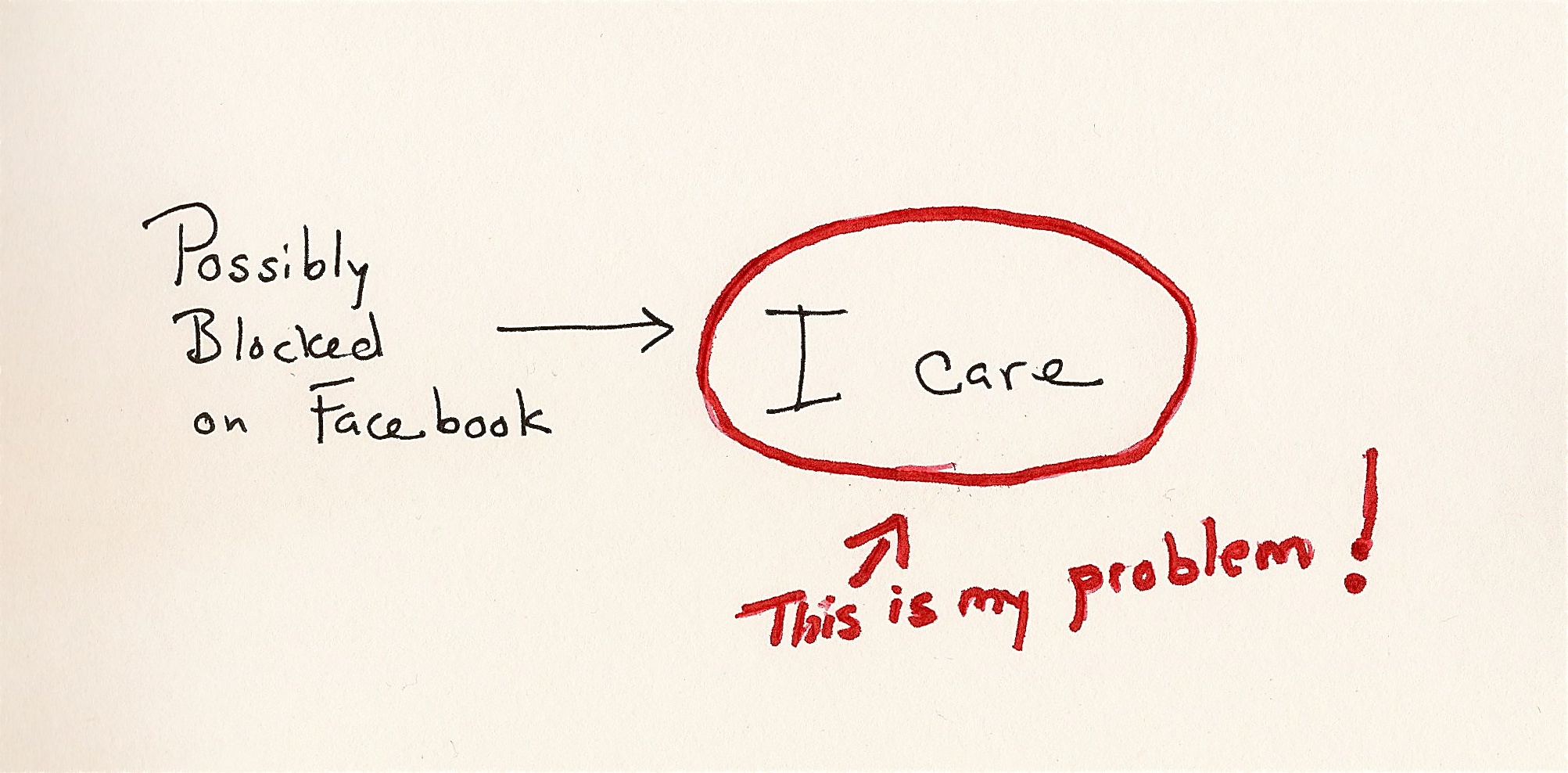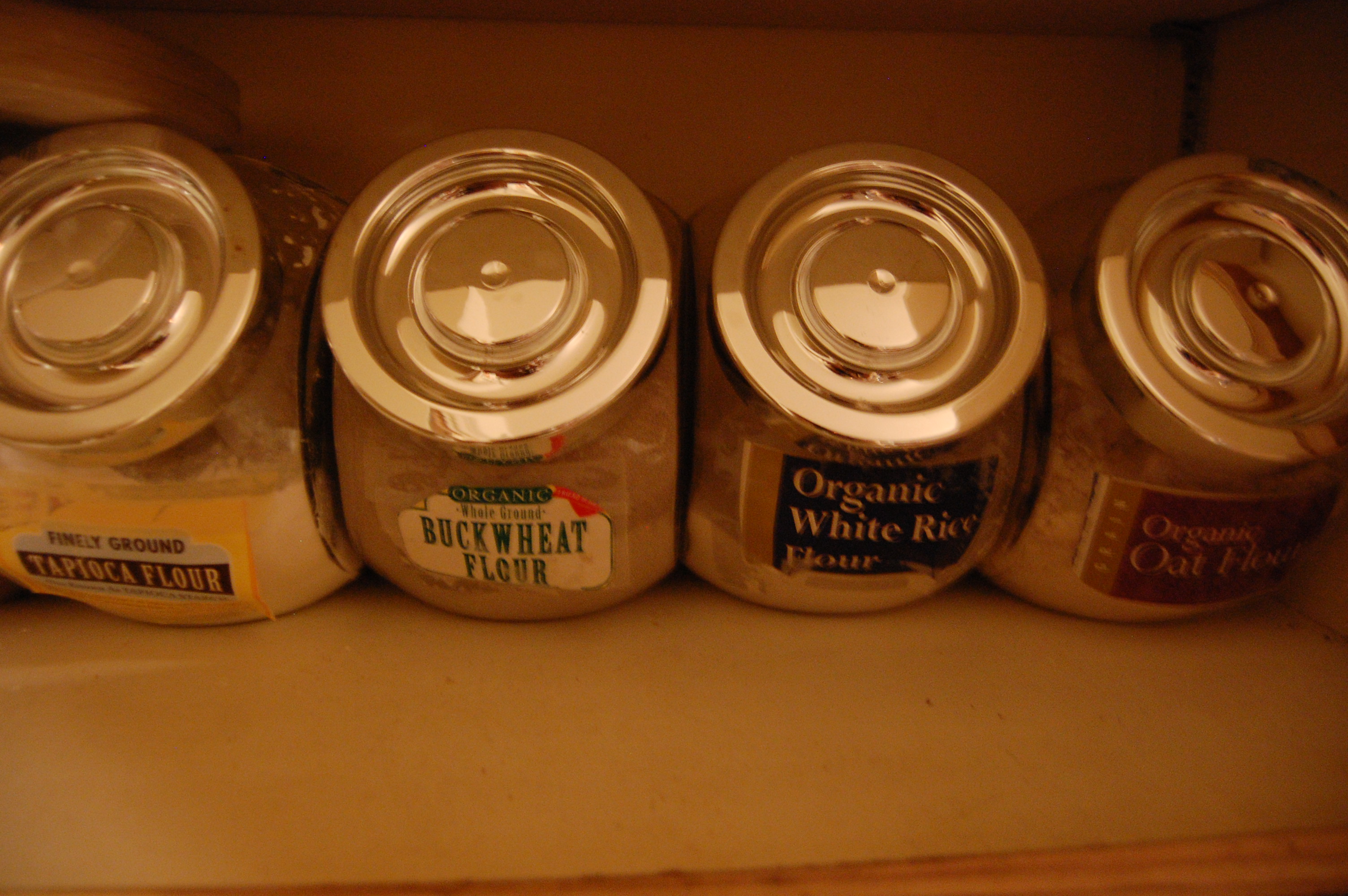This afternoon, I think I had a mild panic attack.
I don’t know for sure if it was a panic attack because I’ve never had one before and I sure didn’t think I’d be getting one any time soon. My breath became short, my heart pounded, my hands shook and I started to stutter. I was able to quickly dispel it, but I was shaken, and disgusted with myself. Stuttering, A.J., really? What is that? The last time I stuttered, I was in high school.
So what was I doing that caused such fear? Making a phone call. That’s it. That’s all. I was calling someone for work.
I never have liked making calls. In college I always hoped that someone else would call for the pizza, but I never had any huge problems with dialing the phone. Like just about everyone in the first world, I have made millions of phone calls for work and never had a panic attack. In fact, I spent a decade making hundreds of phone calls a week, sometimes dozens a day, when I worked as a reporter. I knew, when I was making those calls, that a lot of those people didn’t want to talk to me. In fact, some of them were downright hostile, but my attitude at the time was much more “game on” than “freak out.”
Today, the shadow of the phone calls I had to make – a task that should take less than three minutes – hung over me from the moment I woke up. I actually slept in a little to avoid them. I dreaded them. I did everything else on my to-do list first. I sent emails. I did research. I paced the floor. I went on Facebook. I emptied the dishwasher. Finally I decided to just do it. I wrote out all the things I had to talk about in each call, something I’ve never done before and picked up the phone.
The first went off without a hitch. The second triggered the attack, if that’s what it was. I forgot my name. I forgot my phone number. I forgot my business. Then I was angry with myself, which made it all much, much worse. It took me a half an hour to make myself confront the fear and make the third call.
Now the callbacks are giving me trouble. Though I know I can now go about the rest of my day knowing the calls are over with, and though any callers could leave me a message, I feel compelled to linger over the phone, doing nothing, just in case someone calls me back.
I have no idea why the phone calls would cause me such anxiety. They weren’t particularly difficult calls. But all of a sudden it feels like I have a sudden phone phobia, and it’s hard not to judge myself here. Phonephobia sounds like a disorder for weirdos. And since when do people suddenly sprout phobias? Since when do I sprout phobias?
One of my resolutions for 2012 has been to work on my anxiety, which has been growing, inexplicably, over the last few years. In the days since I made my resolution, I’ve been doing some research on ways of handling anxiety, reading books about it, practicing yoga daily to control my breathing, looking for my triggers, all that good self-help stuff that one is supposed to do. Then today happened.
I don’t normally share my struggle with anxiety, which quite frankly embarrasses me, because – as someone once asked me – what have I to be anxious about? But I’m beginning to think that keeping quiet about anxiety might be contributing to the problem, so I thought, what the hell, I’ll jump into the conversation. At least I can get it out there. Maybe it will be one less thing to worry about.



